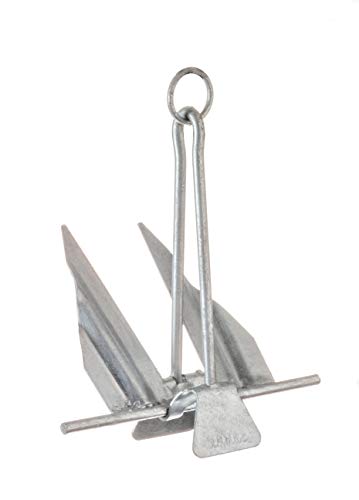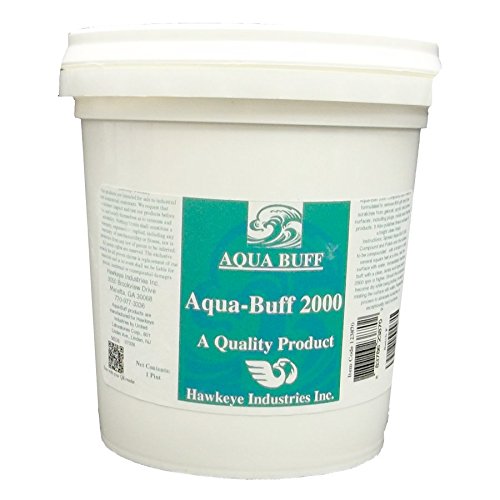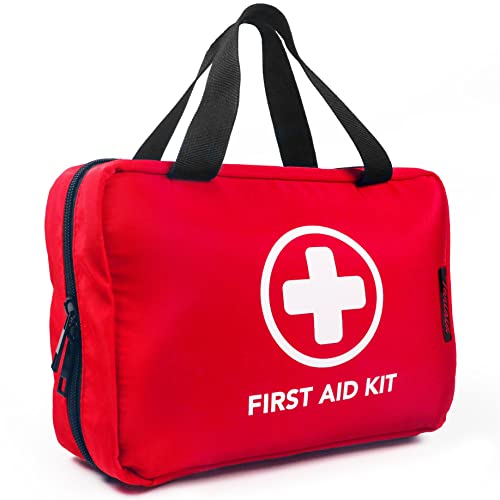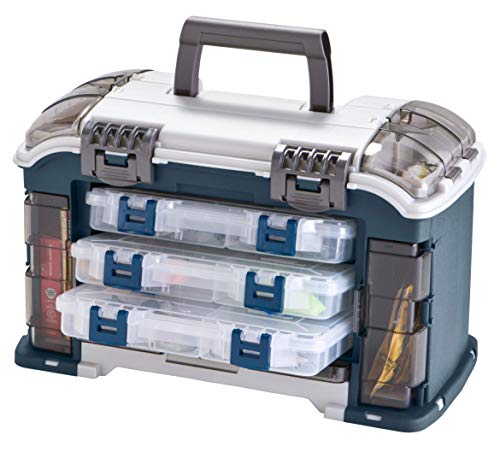flatheadsteve
Well-known member
- Joined
- Jun 20, 2023
- Messages
- 578
- Reaction score
- 716
- Location
- Berkeley springs WV
- LOCATION
- Berkeley springs wv
It's getting close to the point where the boat won't be getting used as much soon. December-Feb it rarely if ever sees use. I have 4 agm batteries and I'm debating on just leaving them connected to the onboarder chargers in the boat all winter vs bringing them Inside and putting them on a charger all winter. The boat stays under cover in one of those tent type garages. The 3 inside the center console are a bear to get in and out and if we get a warm spell mid winter I don't want to be wrestling batteries for hrs when I could be fishing. Anybody here leave batteries in the cold all winter? My boats in the past I always brought them in but it was an easy task as the batteries were easy to access.






























































